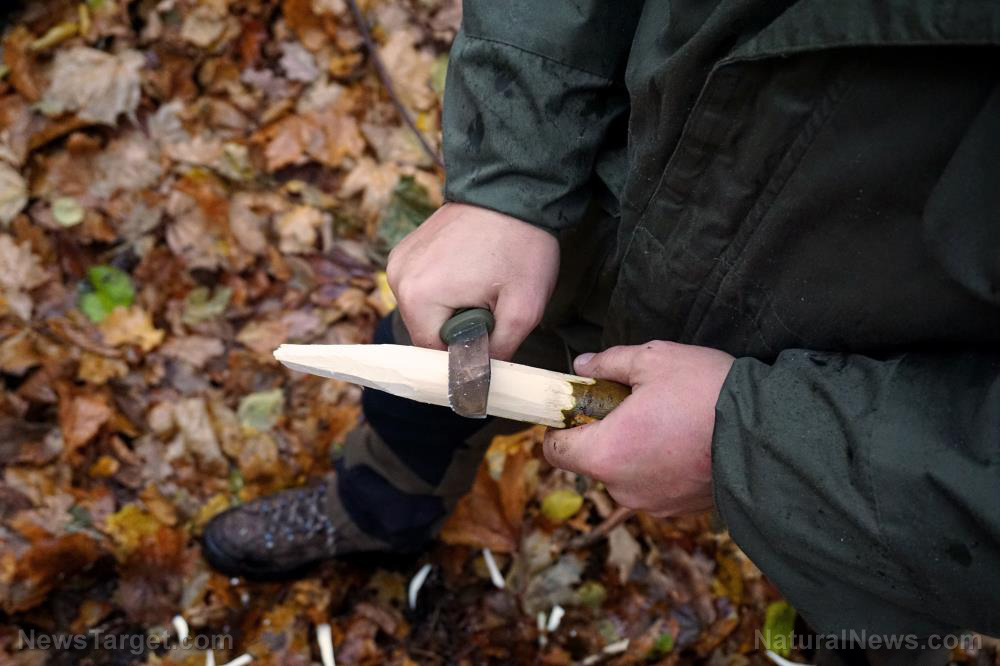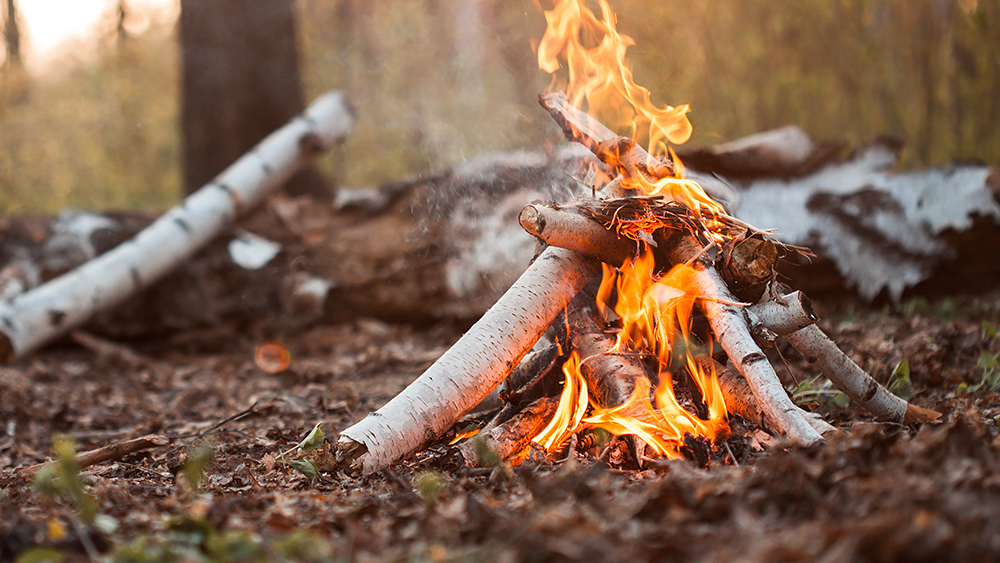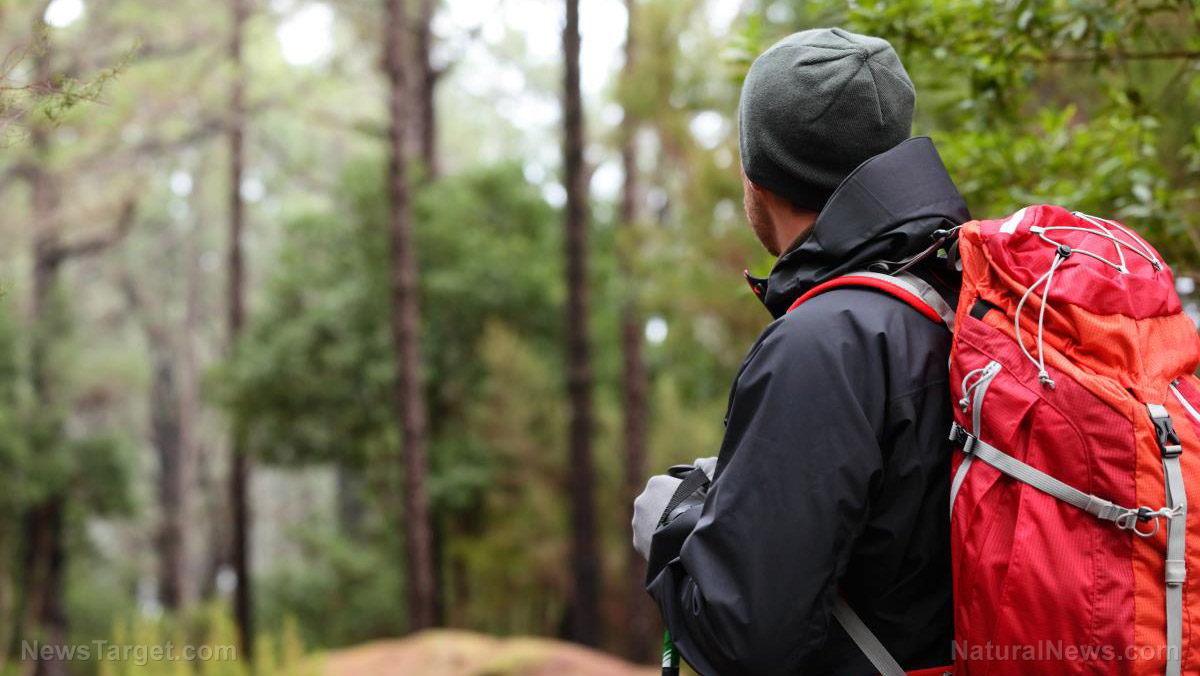
Before SHTF and the time comes to bug out of the home or office, preppers must have already decided on what equipment and supplies they will take with them. Having at least one survival cache set up ahead of time will make bugging out safer and easier. (h/t to SurvivalBlog.com)
Health and safety, repair and support, self-defense, medical, and environmental supplies
Equipment and supplies related to health and safety earmark the highest priority. They reduce the risk and severity of injuries during the bug-out. The items include safety helmets for bicycles and motorcycles, dust masks, goggles, flotation devices, gloves, and ropes.
Next, bring supplies for repairing and strengthening survival tools and equipment. Walkers need ways and items to fix their shoes and bug-out bags, while drivers need tools and spare parts for patching up mechanical failures. Also, bring towing ropes, shovels, and other tools for dealing with obstacles.
Third, preppers need defensive items to protect against potential threats that may try to take the supplies or intend to harm. Each person must have at least one self-defense weapon that is easy to use, carry, and conceal.
Medical equipment becomes even necessary when bugging out. Every prepper needs an individual first aid kit with a tourniquet, bandages, ADB pads, gloves, and other trauma supplies.
Environmental supplies help preppers regulate their core body temperature during the bug-out process. Thermal clothing and wool blankets will keep them warm, while cooling gear will prevent their bodies from overheating. (Related: Consider these factors before deciding to bug in or out.)
Supplies related to fire, shelter, clothing, water, food, and tools
Preppers need at least three different fire-starting tools. They also need dry kindling in a waterproof container to speed up the process.
Preppers must also have supplies for making a lean-to and debris shelter that will keep out rain, snow, and direct sunlight. They may consist of a tarp with ropes and other tools to secure it in place.
Clothing helps regulate the core body temperature. During bug-outs, preppers may wear multiple layers of thin clothing. They may add or remove layers depending on the temperature and weather at the time.
If planning to travel in sunny or hot weather, preppers must bring wide-brimmed hats and several cooling towels to keep themselves shaded and cool.
Bring enough water for every prepper in the bug-out group that should last for the longest time possible. Also, bring filters and purifiers for water drawn from sources along the route.
Similarly, preppers must bring enough food that will last as long as possible. For backpackers, this means freeze-dried meals that weigh very little.
Preppers may supplement their supplies by foraging, catching, or growing food. And whatever the source of the food, they should have cooking utensils for preparing meals.
Last but not least, basic tools will come in handy for preppers who got forced to bug out but lack a bug-out shelter. Axes, saws, shovels, and other standard tools will help them get started at their eventual destination.
Tips for setting up survival caches
Preppers may also set up survival caches along the route. Pre-storing equipment and materials ahead of time will allow them to carry fewer supplies when they bug out.
A survival cache may hold supplies that are expendable and not dangerous. Preppers should use waterproof containers and bury them whenever possible.
Store many small survival caches to avoid losing all the supplies to accidents and thieves. Mark their general locations on maps and check on them every few months. Make sure to avoid notice while burying and inspecting them.
To summarize, preppers must pack everything they know they will need during the bug-out trip and once they reach their destination.
Sources include:
Please contact us for more information.





















